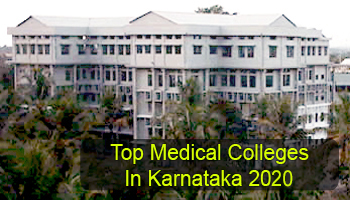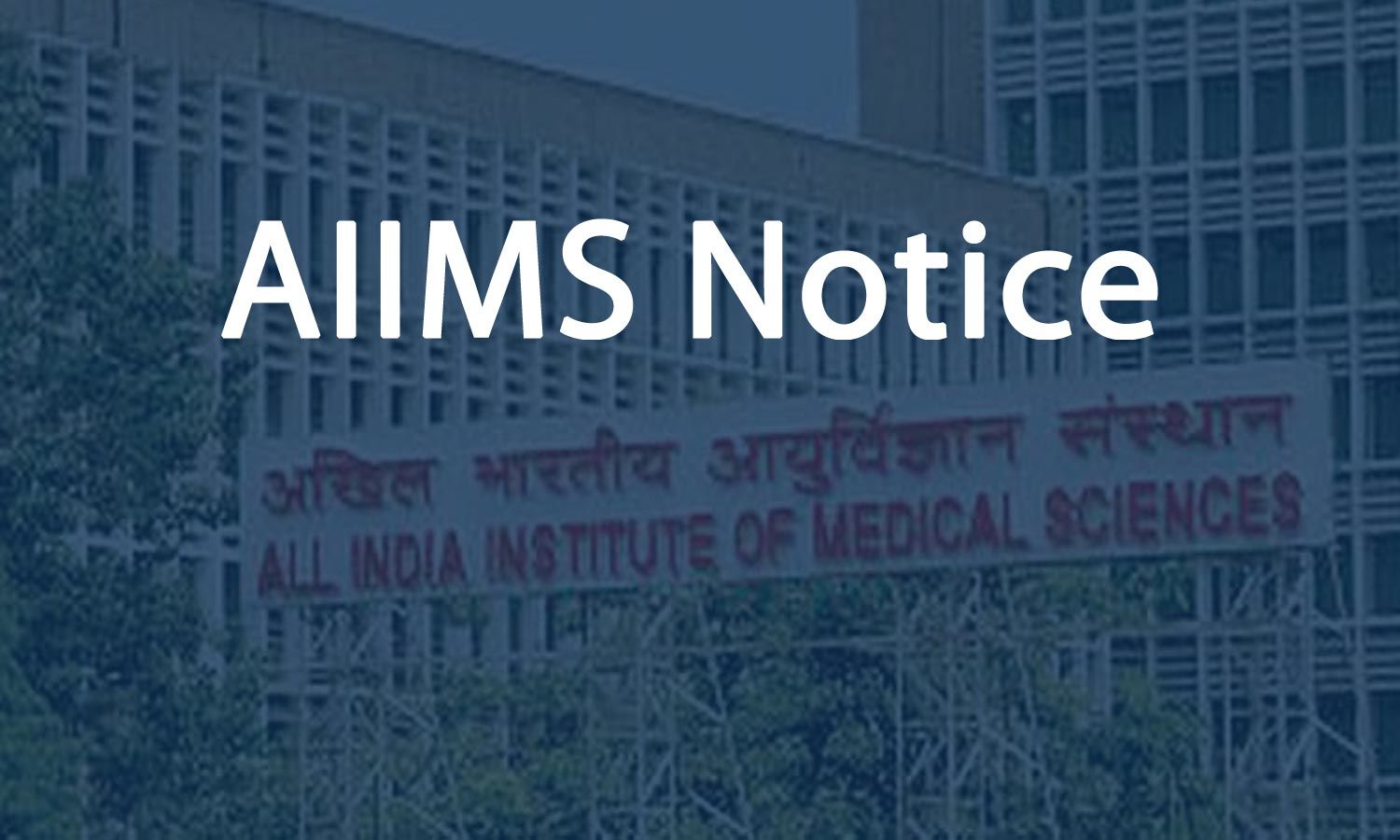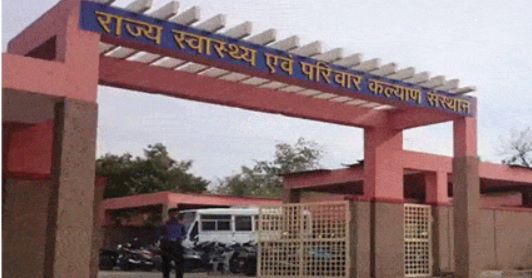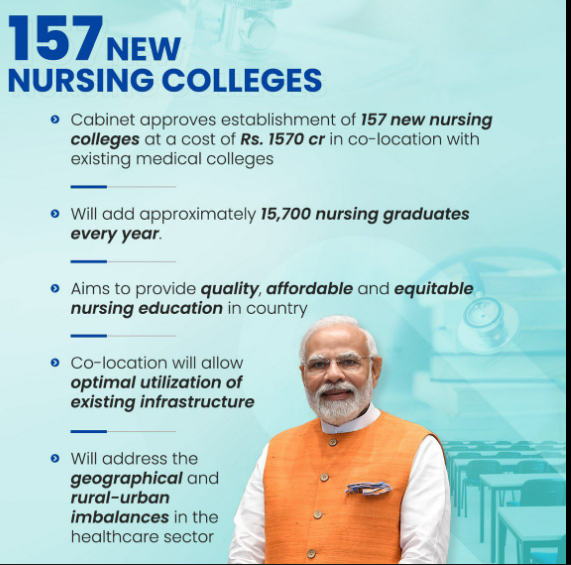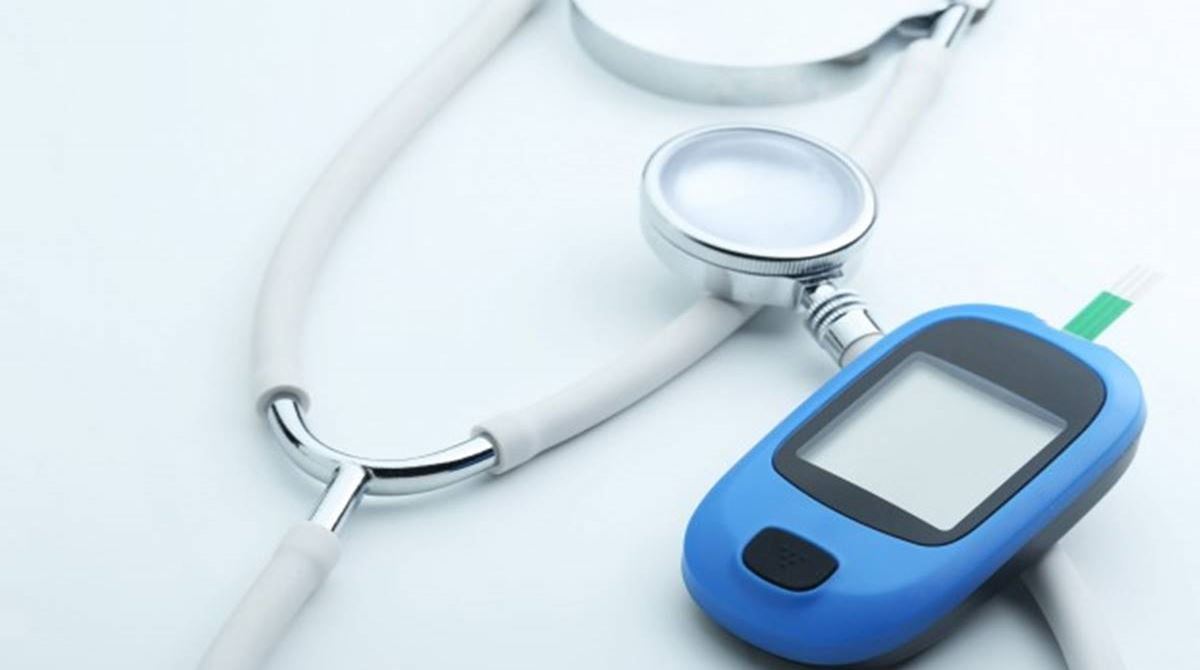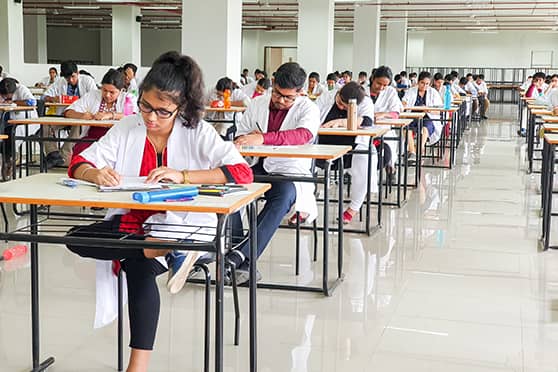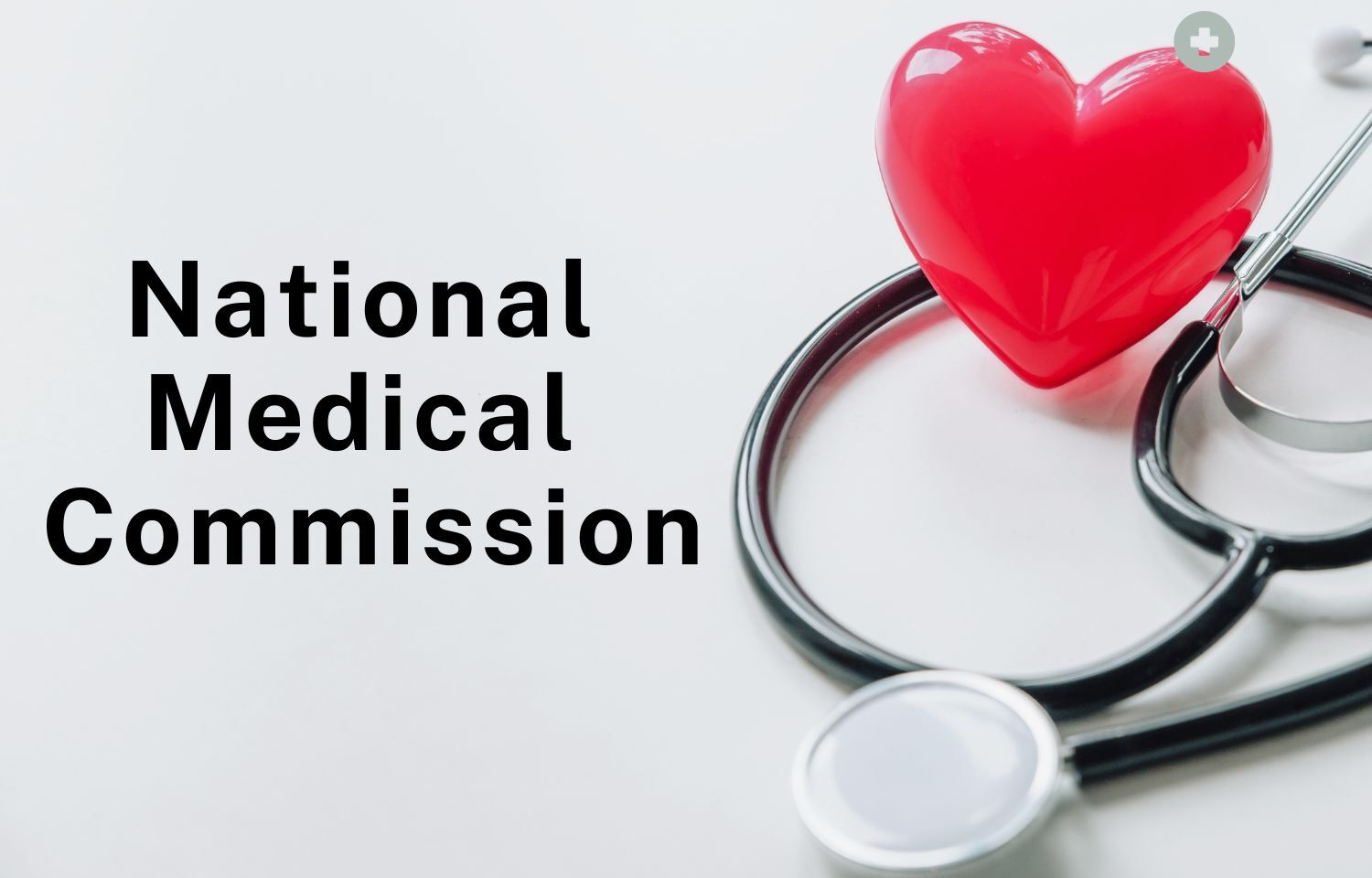Dr. Guruaribam Sunil Kumar Sharma as Director of RIMS Imphal:
A Look at His Background, Experience, and Accomplishments
The appointment of Dr. Guruaribam Sunil Kumar Sharma as the Director of the Regional Institute of Medical Sciences (RIMS), Imphal, on a deputation on foreign service (including short-term contract) basis for a period of 06 years with effect from the date of assumption of charge of the post, or until further orders, whichever is the earliest, was approved by the Appointment Committee of the Cabinet on May 1, 2023. We shall examine Dr. Sunil Kumar Sharma’s history, qualifications, and accomplishments in this article.
About Dr. Guruaribam Sunil Kumar Sharma
The director professor of forensic medicine and toxicology at Vardhman Mahavir Medical College and Safdarjung Hospital in New Delhi is now Dr. Guruaribam Sunil Kumar Sharma. He worked in AIIMS, New Delhi, from 1998 to 2006 as a Junior Resident, Senior Resident, and Senior Research Associate (Pool Officer) before joining VMMC and Safdarjung Hospital as a Specialist on October 3, 2006. He earned both his MD and his MBBS from AIIMS, New Delhi, respectively, in 1994 and 2001.
What accomplishments has Dr. Sunil Kumar Sharma made?
Dr. Sunil Kumar Sharma has made important advancements in the fields of toxicology and forensic medicine. A number of projects relating to the Medical Council of India/National Medical Commission (MCI/NMC) and the National Board of Examinations (NBE) have benefited from his expertise as well. On his name, 34 publications and reports have been published. The CSIS project on the frequency of alcohol consumption in cases of fatal and not-so-fatal accidents in South Delhi is one of his significant initiatives.
What is the order pertaining to the appointment of Dr. Sunil Kumar Sharma as the director of RIMS Imphal?
The order conveying the approval of competent authority for the appointment of Dr Guruaribam Sunil Kumar Sharma as the Director of RIMS Imphal reads, “In pursuance of approval of Appointment Committee of Cabinet conveyed vide DoPT order dated 01.05.2023, the undersigned is directed to convey the approval of competent authority for the appointment of Dr Guruaribam Sunil Kumar Sharma, Director Professor (Forensic Medicine & Toxicology), Vardhman Mahavir Medical College and Safdarjung Hospital, New Delhi to the post of Director, Regional Institute of Medical Sciences (RIMS), Imphal, in the scale of pay of Rs. 67,000-79,000 (restricted to a maximum of Rs.85000/- including NPA) (pre-revised), on deputation on foreign service (including short-term contract) basis for a period of 06 years with effect from the date of assumption of charge of the post, or upto the age of superannuation in his parent cadre, or until further orders, whichever is the earliest.”
The appointment of Dr. Guruaribam Sunil Kumar Sharma as the Director of RIMS Imphal is a noteworthy development in the medical industry. We can anticipate him bringing fresh perspectives and methods to RIMS Imphal given his wealth of knowledge, accomplishments, and experience in the fields of toxicology and forensic medicine. We wish him success in his new position.






